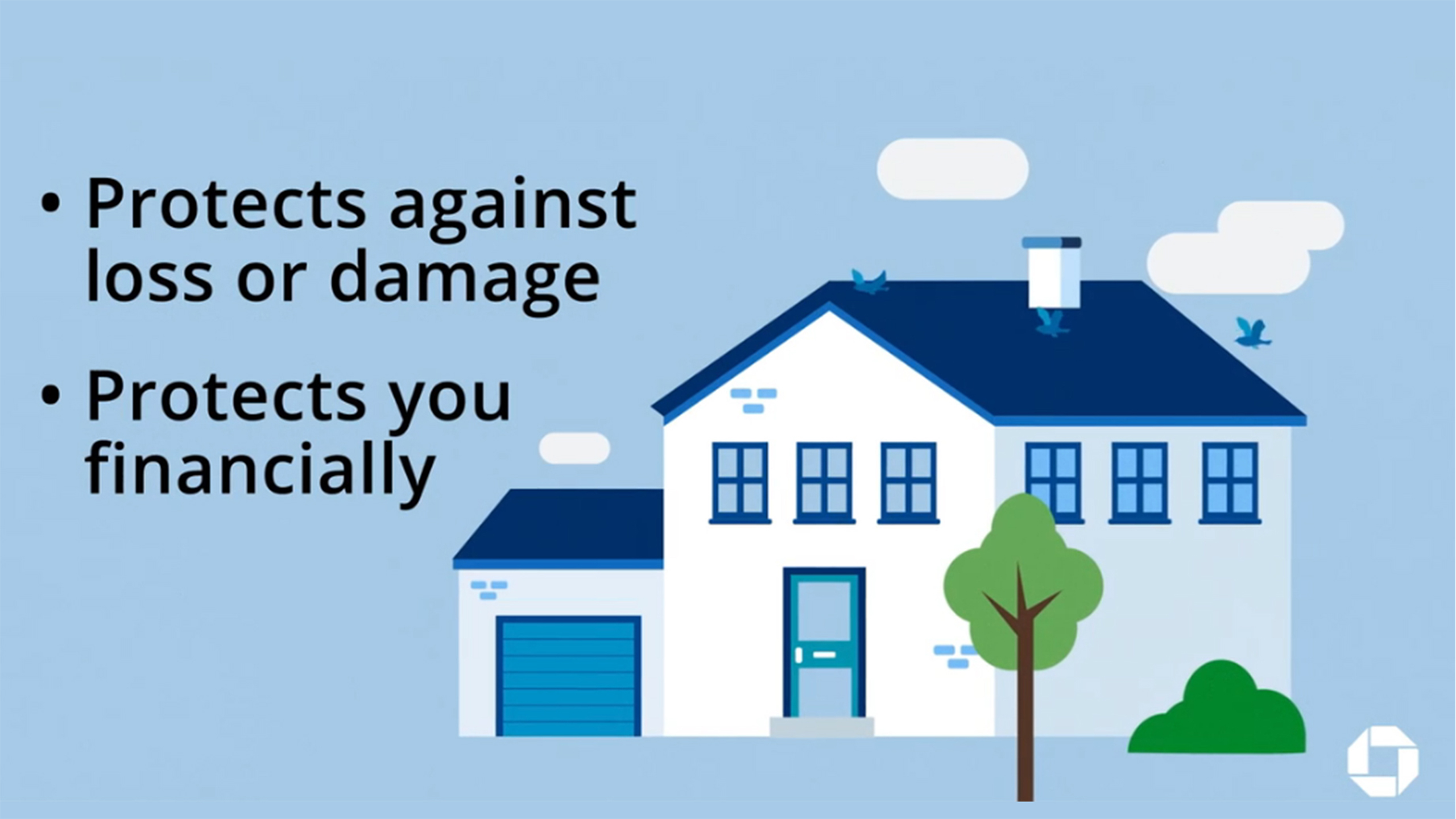Home Buyer Help: Grants & Assistance Programs You Need To Know!
Looking to finally take the leap into homeownership? Navigating the real estate market can feel daunting, but with the right resources and understanding, owning a home is within reach for many more individuals and families than ever before.
The path to owning a home is often paved with financial considerations, and chief among them are down payments and closing costs. These two expenses can represent a significant barrier, particularly for first-time homebuyers or those in specific communities. Thankfully, a multitude of homebuyer assistance programs are designed to ease this financial burden, making homeownership a more accessible reality.
Here's a breakdown of the financial assistance options available to prospective homebuyers:
| Type of Assistance | Description | Eligibility Requirements (General) | Benefits | Examples |
|---|---|---|---|---|
| Down Payment Assistance (DPA) | Programs offering financial aid to cover or reduce the down payment required for a mortgage. | Often based on income, location, and first-time homebuyer status. | Reduced upfront costs, making homeownership more affordable. | State and local DPA programs, grants, and employer-sponsored programs. |
| Closing Cost Assistance | Programs designed to help with the fees associated with finalizing a home purchase. | May have similar requirements to DPA programs, but could also focus on specific demographics (e.g., veterans). | Lowering the total cash needed at the time of closing. | Grants, credits from lenders, and programs offered by non-profit organizations. |
| Mortgage Credit Certificates (MCCs) | Federal programs that provide a tax credit to reduce the amount of federal income tax a homeowner pays, which can in turn increase their available income to pay the mortgage. | Meeting income and purchase price limits set by the state. | Long-term tax benefits that can significantly impact affordability over the life of the loan. | Available in many states, often administered by state housing finance agencies. |
| VA Loans | Loans guaranteed by the U.S. Department of Veterans Affairs, often offering no down payment requirements and favorable terms. | Active-duty service members, veterans, and eligible surviving spouses. | Reduced upfront costs and access to more favorable interest rates. | VA-backed mortgages available through various lenders. |
| FHA Loans | Loans insured by the Federal Housing Administration, requiring a lower down payment than conventional loans. | Typically, individuals with less-than-perfect credit scores. | More accessible to a wider range of borrowers. | FHA-insured loans available through various lenders. |
For those looking to embark on the journey to homeownership, it's crucial to proactively investigate what programs are available in their specific state and whether they meet the eligibility criteria. Learning more about these resources represents the initial steps in this exciting process.
Recent developments in the home lending industry are further expanding the landscape of support. Chase Home Lending, for example, has recently announced enhancements to its financial assistance and educational offerings, all aimed at supporting homebuyers throughout the purchase process.
A noteworthy initiative is the increase in the Chase Homebuyer Grant. This grant, which has seen an increase from $5,000 to $7,500 in 15 key markets across the U.S., is designed to provide immediate financial relief. The grant funds can be utilized by customers to lower their interest rate, reduce closing costs, and/or contribute towards the down payment. This offer has a limited time availability for qualifying customers who are purchasing a home with a Chase mortgage. The deadline for this initiative is July 27, 2024.
In a significant step towards supporting veterans, servicemembers, and their families, Chase Home Lending announced, on October 27, 2022, a $2,000 VA Purchase Closing Cost Benefit. This benefit aims to make homeownership more accessible for those who have served, allowing eligible individuals purchasing a primary residence with a VA mortgage loan to receive a credit towards their closing costs.
The Chase Homebuyer Grant is designed to offer substantial savings at closing. Depending on the area, homebuyers can receive either $2,500 or $5,000 to put toward their new home. This grant can be used to help lower the interest rate, providing long-term savings for the homeowner.
Chase has also noted the importance of assisting those in specific areas across the nation. The company is currently offering a $5,000 homebuyer grant, which can be applied to down payment and closing costs. This grant is specifically available for those purchasing a home within one of 6,700 qualified neighborhoods throughout the country.
The benefits don't stop there. When using the VA loan program at Chase, eligible individuals receive a credit that can be used towards their closing costs. This benefit, combined with other offers from Chase, such as the Homebuyer Grant and the Closing Guarantee, can significantly reduce the upfront expenses associated with purchasing a home.
Chase also offers various lending options designed to meet diverse needs. These include down payments as low as 3% on standard agency loans and 3.5% on FHA loans, and jumbo loans up to $9.5 million. The former provides up to $10,000 to eligible borrowers in certain metro areas.
The availability of down payment and closing cost assistance programs marks a significant step in addressing the barriers that often stand between individuals and homeownership. The fact that such programs are stackable with other offers, as Chase's initiatives demonstrate, provides even greater flexibility for homebuyers.
For veterans and servicemembers, the $2,000 VA Purchase Closing Cost Benefit is a direct way to make homeownership more attainable. When combined with the Chase Homebuyer Grant, which provides up to $5,000 in certain neighborhoods, and the $5,000 Closing Guarantee, the financial advantages are clear.
The ability to combine a Chase Dreamaker mortgage with various financial tools such as gifts, company programs, down payment assistance programs, or qualified subordinated second mortgages, further reduces the need for a large personal financial contribution. This approach acknowledges that a home is more than just a place to liveit represents financial security and stability.
The concept of closing costs is fundamental to the home buying process. These are the associated fees paid when finalizing the purchase of a house. Understanding these costswhat they are, who pays them, and the average amountsis crucial for making informed decisions.
The Chase Homebuyer Grant, for example, is part of a larger commitment from Chase to advance racial equity, with a $30 billion investment. This shows that providing financial assistance is viewed as a key component of a larger effort to create a more inclusive economic landscape.
Various tools, such as closing cost calculators, can help estimate the potential closing costs. This kind of preparation helps homebuyers understand the full scope of the financial commitment.
While closing costs are generally considered the responsibility of the homebuyer, the availability of various forms of assistance means that the burden can be significantly lessened. FHA loans, for example, have associated closing costs, but these can be reduced through available programs.
It is also worth noting the availability of resources such as those offered by Fannie Mae, which provides a variety of programs to help with down payments and closing costs.
It's important to remember that any assistance related to down payments and closing costs may come with certain conditions. It's essential that borrowers are fully informed about these conditions before finalizing their purchase. This may include repayment requirements or interest accrued, which could be triggered upon sale, refinance, transfer, or repayment of the loan.
In conclusion, the landscape of homeownership is evolving to become more accessible. From the efforts of lenders like Chase to the various government and private programs, the support available to homebuyers is constantly expanding. By exploring these opportunities and carefully considering their financial implications, prospective homeowners can pave the way to achieving their homeownership dreams.
| Aspect | Details |
|---|---|
| Down Payment Assistance Programs |
|
| Closing Cost Assistance |
|
| VA Loans |
|
| FHA Loans |
|
| Chase Homebuyer Grant |
|
| Chase VA Purchase Closing Cost Benefit |
|
Homeownership represents a significant milestone, but its accessibility hinges on understanding the available financial tools and support. By carefully evaluating these programs and options, individuals can successfully navigate the path to owning their own home.


